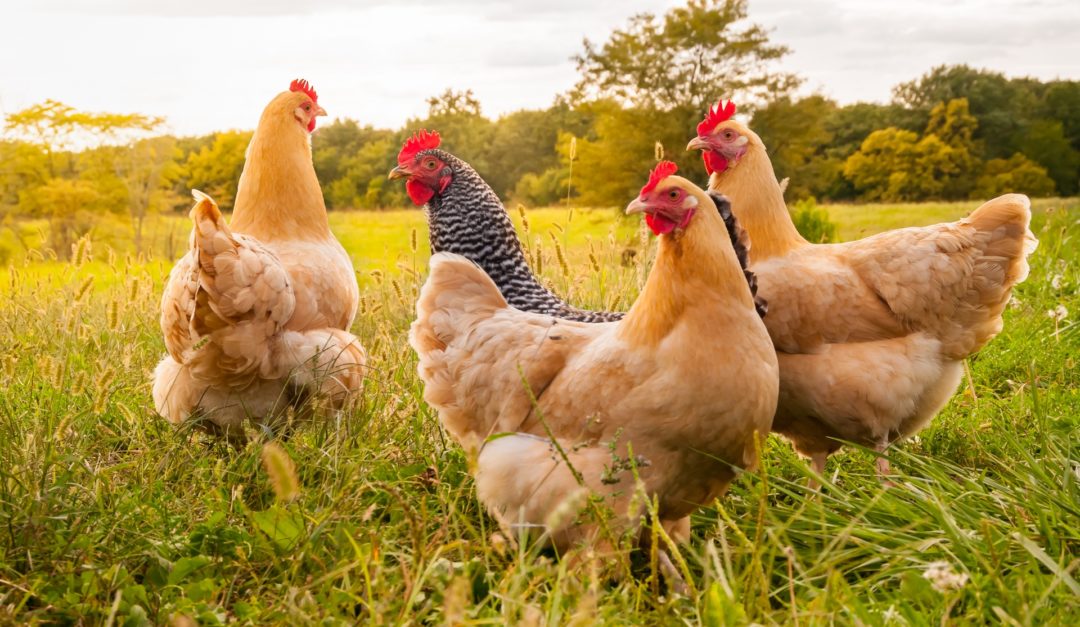“Organic egg farmers who are doing the right thing to give their poultry real outdoor access and raise their animals according to the highest standards are continuing to be exposed to economic harm from unfair competition every day that the Trump administration’s rescission of the organic animal welfare rule is allowed to stay in place,” said Laura Batcha, OTA CEO and Executive Director, in a press release.
On June 17, Vilsackissued a statementin regard to the OLPP final rule:
“We intend to reconsider the prior Administration’s interpretation that the Organic Foods Production Act does not authorize USDA to regulate the practices that were the subject of the 2017 Organic Livestock and Poultry Practices (OLPP) final rule. I have directed the National Organic Program to begin a rulemaking to address this statutory interpretation and to include a proposal to disallow the use of porches as outdoor space in organic production over time and on other topics that were the subject of the OLPP final rule. We anticipate sending the proposed rule to OMB within six to nine months from the date of the remand. We look forward to receiving public comments on those topics and, after reviewing the comments, USDA will publish a final rule.”
OTA stressed, though, that more is needed. Batcha explained, "While we welcome Secretary Vilsack’s statement last week that the department will re-evaluate the prior administration’s withdrawal of the fully vetted organic animal welfare regulation, and affirmed its commitment to outdoor access for laying hens, the policy statement alone won’t guarantee a swift end to this harm. We need to have a legal ruling."According to the press release from OTA, in its motion for summary judgment filed on June 18, the trade association argued that USDA fundamentally dismissed the intent of Congress regarding the department’s authority over organic animal welfare; failed to follow the Administrative Procedures Act (APA), which governs the process by which federal agencies develop and issue regulations; and buried the economic benefits of the OLPP regulation while inflating its costs.
Points made by OTA, as outlined in the release:
- USDA’s “novel and erroneous construction” of the Organic Food Production Act (OFPA) and its refusal to exercise the statutory authority given by Congress to USDA by OFPA to promote improved livestock care practices on organic farms were a radical departure from past administrations, and contradict the intent of Congress in OFPA.
- USDA’s refusal to consult with the National Organic Standards Board (NOSB) in rescinding the final regulation violates the OFPA’s requirement to consult with NOSB prior to rulemaking on organic.
- “With regard to livestock, Congress gave the NOSB a specific role regarding the development of organic livestock regulations. … Congress intended the NOSB to be at the center of the development of all organic program requirements.”
- USDA’s actions were based on a flawed economic analysis, which the agency failed to correct, even after a nine-month remand granted to the agency to correct its analysis. The filing notes: “Despite more than nine months of delay in the case, the Department did not produce a reliable or trustworthy cost benefit analysis."
- USDA’s recognition that its faulty economic analysis minimized the benefits and erroneously overstated the costs of the OLPP requires that the withdrawal of the final regulation be rescinded. The filing notes: “When the agency that offered the rule undertook a cost-benefit analysis that it discards as unreliable, that rule must be vacated."
“The Organic Trade Association’s mission is to advance organic agriculture and protect the integrity of organic through strong, transparent and fair standards. We took on this [OLPP] fight almost four years ago, and we’ll continue to fight for those poultry producers who are working every day to not cut corners and to raise their animal organically,” said Batcha. “It looks like Secretary Vilsack agrees with us, but as long as the withdrawal of OLPP is on the books, it only exposes organic egg farmers to more harm indefinitely.”Find OTA's complete background on this issue here.
Related: COVID-19 Drove Organic Sales in 2020, According to 2020 OTA Industry Survey










